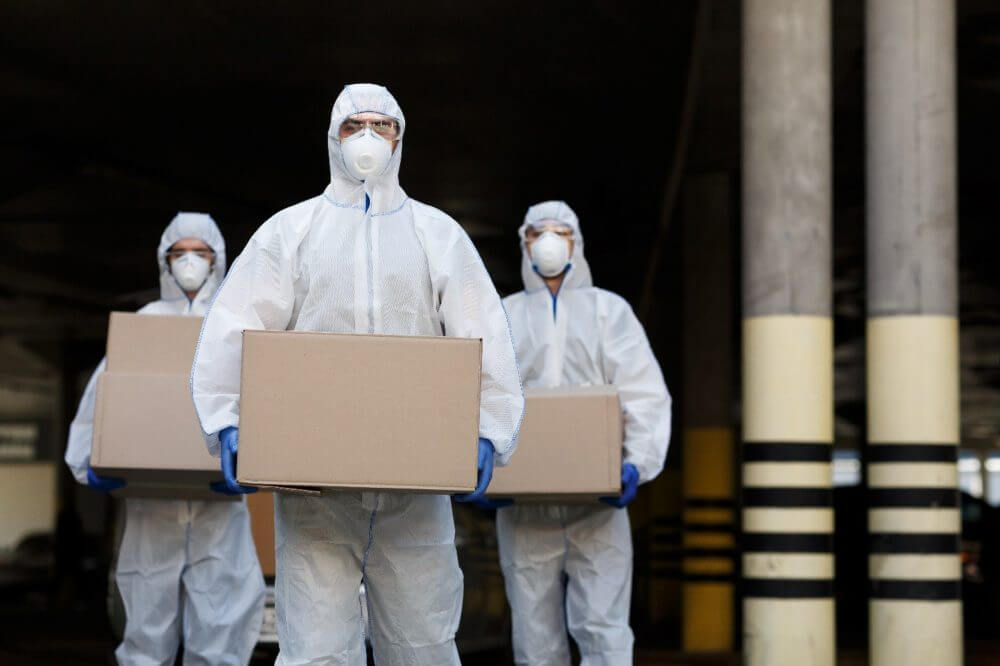According to the latest news, the British government has started distributing the Pfizer vaccine. However, as we know, it requires a temperature of around -70C, which is not easy.
The pharmaceutical company will distribute the vaccine from its centers in the United States, Belgium, and Germany. Significantly, it will need to travel both on land and by air and kept in distribution centers before being delivered to anywhere.
Pfizer has developed a unique transport box the size of a suitcase, prepared with dry ice and GPS trackers. The containers are reusable, and each one can keep around 5,000 doses of the vaccine for ten days.
Significantly, Polar Thermals makes similar boxes for other vaccines, and Pfizer is one of its customers.
The Head of sales, Paul Harison, expects the box not to be cheap. He said that a chilled transport box will maintain a temperature of up to -8C. It will last for five days and will be able to keep 1,200 vaccines. The value of it is approximately £5,000 per unit. However, the good thing is that they are reusable.
The chain of vaccine distribution
Following is the chain for vaccine: Firstly, the company will send the vaccine to the destination country in special dry ice packs, each keeping around 5,000 doses. Secondly, the destination country can choose to store the vaccine in a freezer farm for up to six months at -70C. Thirdly, in the unopened, dry ice packs, the vaccine should reach the destination center for up to ten days. And Lastly, the facilities can save the vaccine for up to five days in a fridge between 2C and 8C.
Pfizer has announced the vaccine can survive for an extra five days once melted, but this does not buy a great deal of spare time.
Some institutions, for example, universities and research labs, do have the right storage capacity. In the United Kingdom, universities shared resources at the height of the pandemic’s first wave, including PPE-making equipment and ventilators.
Furthermore, the situation in developing countries is even more tenuous.
In central Africa, Burkina Faso announced last month that it was already short of nearly 1,000 clinical fridges.
Additionally, In association with the UN children’s agency Unicef, the World Health Organization has a project mapping cold storage facilities expecting a coronavirus vaccine.
Significantly, Unicef wants to have 65,000 solar-powered cold fridges installed in low-income countries by the end of the following year.











